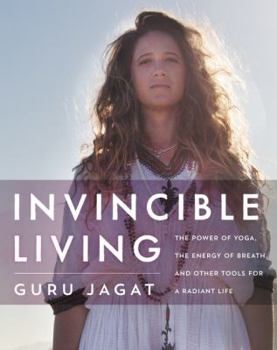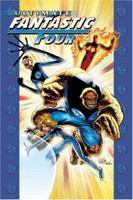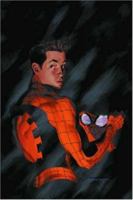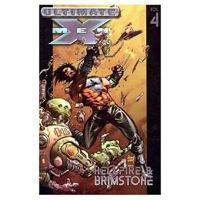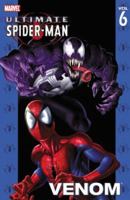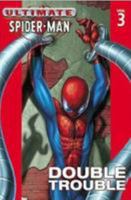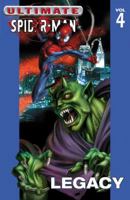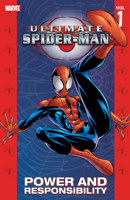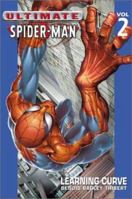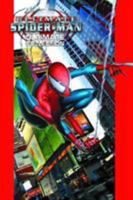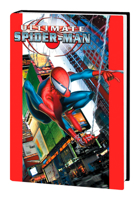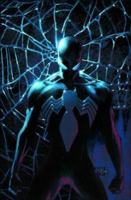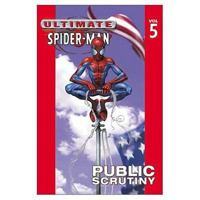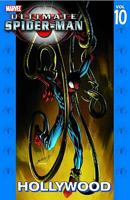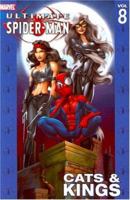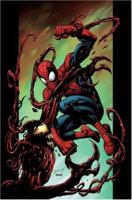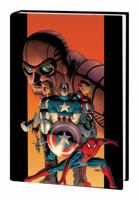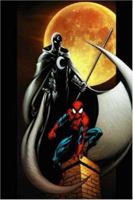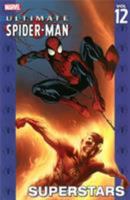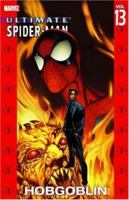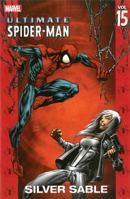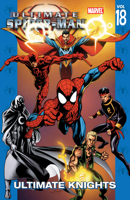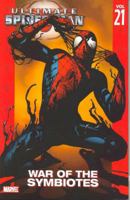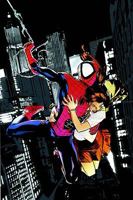Invincible Living: The Power of Yoga, The Energy of Breath, and Other Tools for a Radiant Life
Select Format
Select Condition 
You Might Also Enjoy
Book Overview
A wildly cool, practical, and beautifully illustrated guide to applying the ancient healing benefits of Kundalini Yoga and Meditation to everyday life--revamping your wellness routine and uncovering your absolute best self
In Invincible Living, Guru Jagat shares a radical new way of understanding yoga--not just as something to do in practice, but as a broader principle for living. Candid, encouraging, and irreverent, this book shows how Kundalini Yoga--which forgoes complex poses for energy-boosting, breath-driven exercises, quick meditations, and simple poses--can reset your life and well-being, regardless of your age or background.
In our age of increased stress and anxiety, this book is a beacon of light that offers actionable solutions delivering immediate results. Designed explicitly for everyday people, not ashram-going or gym-bodied yogis, fast, effective Kundalini techniques can be done anywhere...you don't even need a mat: just a quiet space to clear your head, and as little as a minute out of your day.
From beauty and self-care to work and relationships, Invincible Living provides exercises, tips, and step-by-step instructions on:
- Elevating your mood and alleviating stress
- Eliminating brain fog and calming your central nervous system
- Boosting your metabolism and energy levels
- Decreasing visible signs of aging
- Deepening your yoga and spiritual practices
- Drastically increasing your confidence and self-trust
- Reconnecting with your inner, radiant self
Channel your energy inward and uncover the secrets of ancient wisdom that will completely transform your mind, body, and spirit.
Related Subjects
Art Art History Arts, Music & Photography Europe History History & Criticism Humanities WesternCustomer Reviews
Rated 4 starsGraphic SF Reader
Spidey has to run around in his pants as he has no costume. He finds a mutant genetic experiment guy at a party, and as a consequence, runs into the female half of the X-Men. Getting blown up in a plane is the downside of this, however. His aunt is also having problems dealing with things, after she finds him AWOL.
0Report
Rated 5 starsultimate spidey= one of the best series out there
ultimate spider-man by bendis and bagley is one of the best series out there. not as much action and non-stop bad guy fighting, but a good mix of that and a lot of peter parker being a teenager with problems (girls, bullies, being grounded, etc.) along with his spidey life. the series is great great great. only a few minor things that could be better: 1. i don't like how nick fury comes in and tells spider-man he's going...
0Report
Rated 4 starsNOT GREAT, BUT BETTER THAN 99% OF TPB'S
IRRESPONSIBLE is another solid outing for Brian Michael Bendis writing duties on ULTIMATE SPIDER-MAN. Mark Bagley again handles the art chores and this tag team can pretty much create the best Spidey stories on the market with little effort. Volume 7 reprints six issues of the title and weeves its way through stories involving Peter and Mary Jane's relationship, Spidey's search for a new costume, mutants and the Ultimate...
0Report
Rated 4 starsPretty colorful
This book was more focused on the characters themselves then the fights. Of course there was some action, but this one explains to you some things. Like way May Parker is always high strung and "pushes" Peter away. Spiderman meets the X-men, and there's some funny things that happen as result. The reason I like this comic somewhat more then Venom (the issue before this one) is because this one has INTERESTING dialogue, more...
0Report
Rated 5 starsActually, this one is more about conversations than action
"Ultimate Spider-Man: Irresponsible," reprints issues #40-45 of "Ultimate Spider-Man." This seventh volume in the reprint series shows one of the strengths of this series, which goes back and retells the story of Spider-Man, starting Peter Parker off a bit younger, having Mary Jane around from the beginning, and taking several issues to tell each story. For the most part these stories have played off what happened the first...
0Report










